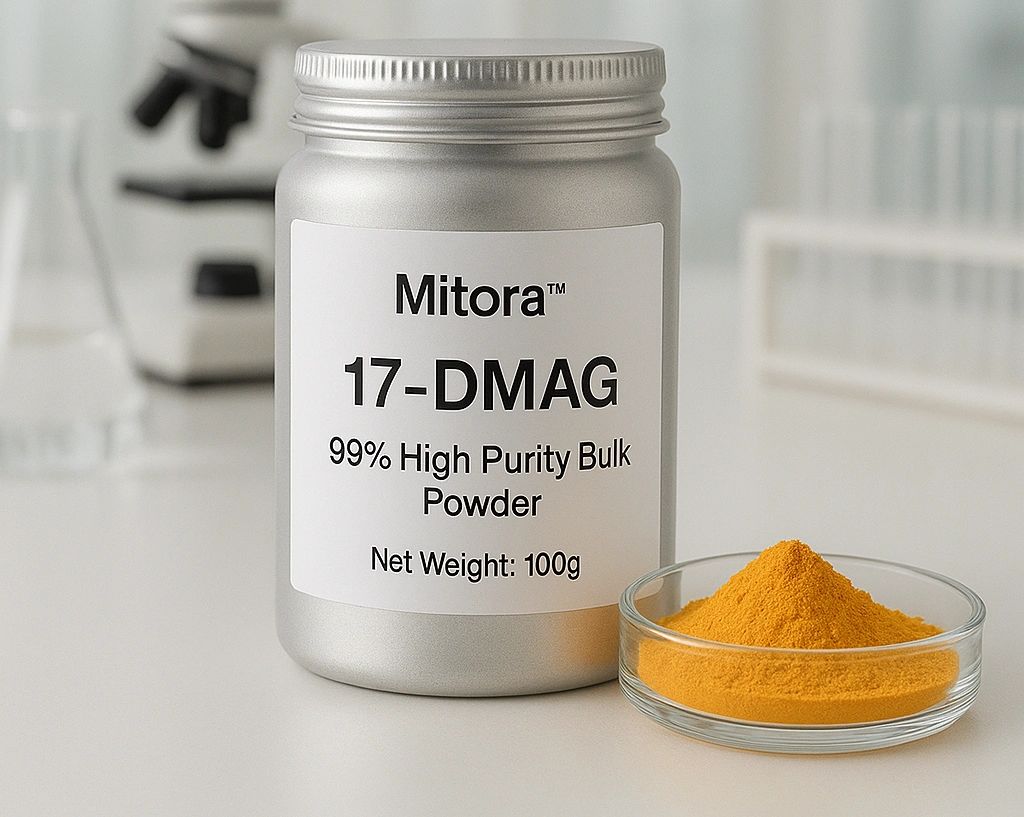Laboratory findings suggest Fisetin and the Dasatinib-Quercetin pair act on core cell signaling to inhibit tumor advancement and represent a hopeful treatment approach
ABT-263 Navitoclax: BCL-2 Inhibition as an Oncology Strategy
As a selective inhibitor of BCL-2, Navitoclax (ABT-263) aims to neutralize antiapoptotic defenses in cancer cells to promote cell death and overcome proliferative persistence
UBX1325 Research Update: Experimental Evidence from Preclinical Models
Researchers are characterizing UBX1325’s effectiveness in laboratory and animal experiments, with preliminary results indicating significant antitumor responses
Fisetin: Prospects for Counteracting Drug Resistance Pathways
Accumulating evidence supports Fisetin’s role in targeting resistance factors to enhance the potency of conventional and targeted treatments
- Supplementary studies report Fisetin diminishes important resistance factors, reducing cellular capacity to withstand drugs
- Preclinical assays have shown Fisetin enhances susceptibility of tumor cells to multiple anticancer agents and reduces resistant phenotypes
Hence, Fisetin holds considerable promise as an adjunctive compound to mitigate resistance and strengthen treatment results
Fisetin and Dasatinib-Quercetin Collaboration: Effects on Cancer Cell Survival
Preclinical research suggests the pairing of Fisetin with Dasatinib-Quercetin produces amplified antitumor activity through distinct yet convergent molecular actions
Additional mechanistic studies are required to delineate the signaling interactions and identify optimal strategies for clinical translation
Combinatorial Therapeutics: Integrating Fisetin with Navitoclax and UBX1325
Employing a three-pronged combination of Fisetin, a BCL-2 inhibitor and UBX1325 targets diverse oncogenic vulnerabilities to potentially improve outcomes
- Fisetin’s pleiotropic actions contribute to its candidacy as an adjunct in combination oncology
- Navitoclax’s role as a pro-apoptotic facilitator supports its inclusion in multi-agent approaches
- UBX1325’s multifactorial antineoplastic effects can complement agents that target survival pathways
Combining agents that attack diverse cancer hallmarks offers a strategy to elevate treatment effectiveness and durability
Fisetin’s Molecular Targets and Anticancer Mechanisms
Mechanistic studies indicate Fisetin’s diverse influence on signaling and cellular programs underlies its potential as an anticancer agent
Clarifying the detailed molecular actions of Fisetin remains critical to advance it from experimental observations to therapeutic applications
Dasatinib-Quercetin Co-Therapy: Experimental Findings and Implications
Experimental data indicate Dasatinib and Quercetin operate on distinct yet intersecting molecular circuits to produce superior antitumor outcomes relative to single agents
- Ongoing studies focus on mapping the signaling interactions that enable the combination’s amplified anticancer efficacy
- Clinical development plans are considering trials to determine safety profiles and potential benefits of the combination in relevant indications
- Such combinations illustrate the potential of integrating targeted inhibitors with bioactive flavonoids to broaden treatment efficacy
Detailed Preclinical Examination of These Emerging Anticancer Agents
An integrated review of laboratory studies points to the promise of these agents as components of multipronged anticancer regimens pending safety and clinical validation
- Laboratory evaluations examine the balance of enhanced efficacy and safety when Fisetin is combined with chemotherapeutics and targeted drugs Preclinical studies aim to determine if Fisetin combinations potentiate tumor cell killing without introducing prohibitive toxicity in vitro and in vivo Thorough preclinical characterization will determine whether Fisetin co-therapies offer favorable risk-benefit profiles for clinical translation
- Experimental findings indicate Fisetin carries anti-tumor and cell-death inducing activities that may complement targeted therapies
- Preclinical evidence supports the concept that targeted kinase blockade plus flavonoid modulation can produce enhanced anticancer outcomes
- UBX1325’s preclinical activity across models supports further mechanistic characterization and combination testing
Addressing Navitoclax Resistance Through Strategic Combinations
To counteract resistance, researchers are testing Navitoclax alongside compounds that target distinct cellular processes, aiming to reduce adaptive escape and improve outcomes
Investigating the Therapeutic Index of Fisetin Combinations in Models
Systematic preclinical testing is required to validate that Fisetin-containing regimens improve response rates without unacceptable toxicity
